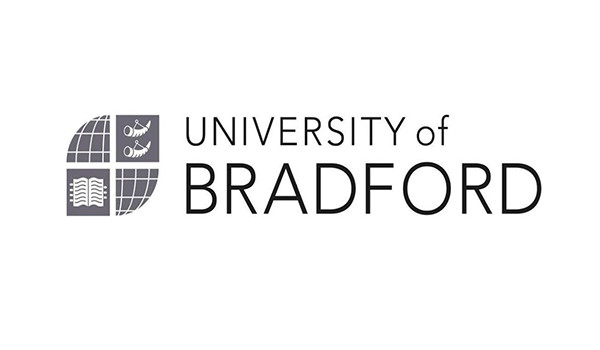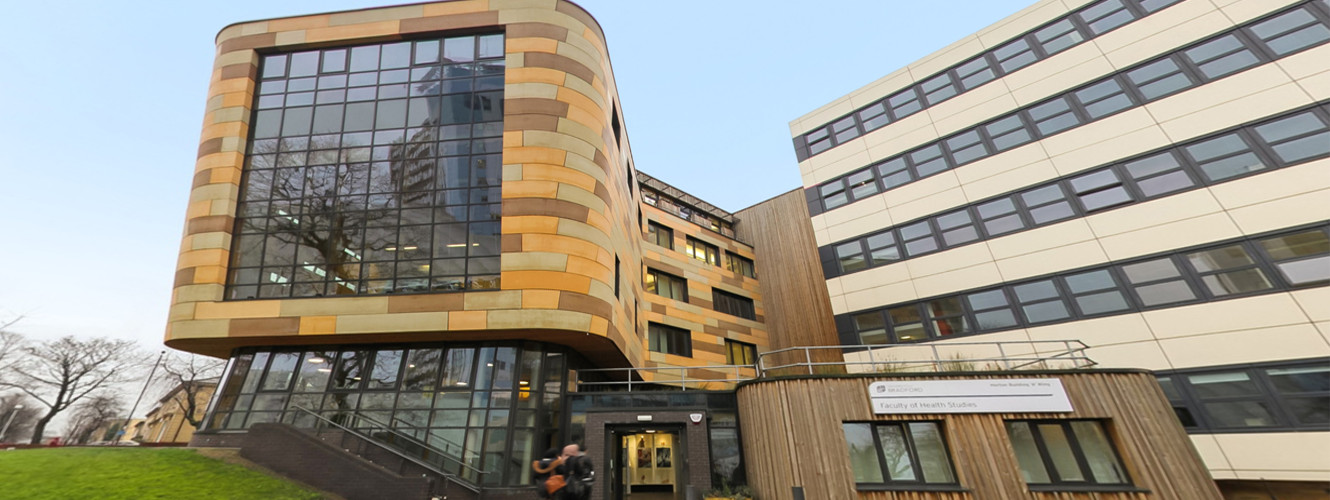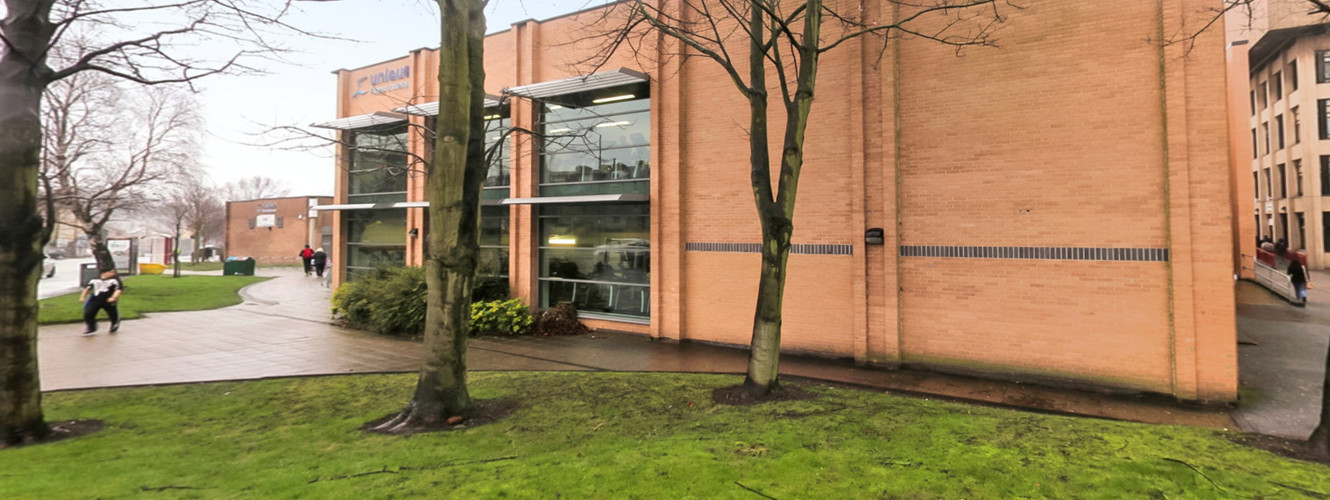UK96 MChem Biological and Medicinal Chemistry University of Bradford
-
THÔNG TIN CHUNG
Chemists with a good understanding of the biosciences and an ability to apply their chemistry knowledge to biological and medicinal problems are in high demand.
The interface of chemistry and bioscience is one of the leading areas driving 21st century research and development. Science is becoming more and more interdisciplinary as we seek solutions for environmental problems, such as carbon capture and the ability to do greener chemistry, and the development of targeted and personalised medicines.
Many of the most important recent discoveries have been made at the interfaces of chemistry and biology, and chemists are needing to become well versed in both biological and medicinal chemistry. This degree course has evolved to reflect this and will equip you with the traditional tools of organic synthesis and the necessary biology and biochemistry you need to succeed. We will give you hands-on experience across a range of disciplines, even including areas such as computational chemistry to solve medicinal and biological chemistry problems.
The University of Bradford is home to the School of Chemistry and Biosciences, which is one of UKs leading departments working at the interface of the molecular and life sciences. The School has significant expertise in biomaterials, structure, discovery of antibiotics and physiology alongside the traditional chemistry disciplines and students benefit from a unique multi-disciplinary environment. From your very first day as a student in chemistry, you will be taught by scientists working in the School of Chemistry and Biosciences who are actively involved in discovering new drugs and understanding complex biological processes and disease mechanisms.
During the first two years of study you will develop a sound understanding of theoretical and practical aspects of chemistry, with core content delivered across organic, inorganic, physical and biological chemistry with options in other biosciences.
The third year we will introduce you to specialist content in medicinal chemistry and biological chemistry, including topics such as bioorganic and bioinorganic chemistry. Taught components at this level include both chemistry and bioscience modules. You will also have the opportunity to study a specific subject across chemistry and the biosciences to a greater depth during an extended dissertation.
It is possible to exit after stage 3 with a BSc (Hons) in Chemistry.
In the Master's year you will develop a deeper understanding of the application of chemistry in the life sciences. Master's-level training focuses on developing a depth of knowledge within medicinal and biological chemistry that is linked to real-world problems. For a significant part of this year you will work on a research project within leading research teams at the interface of chemistry and biosciences.
As a student, you can apply for membership of the Royal Society of Chemistry (RSC).
Professional accreditation
This course is accredited by the Royal Society of Chemistry (RSC).
-
CƠ HỘI NGHỀ NGHIỆP
Biological chemists examine a wide range of biological processes, biomolecules and biological agents. As a biological chemist, you could end up investigating the effects of a neurotoxin on cell structure or molecular structure. Or, solving the structure of a large protein involved in Alzheimer’s disease.
You could be researching the molecular basis of disease and then synthesizing a drug to treat that disease. And, there is even room for those who like computers, where you could be using supercomputers to analyse biological systems at the molecular and atomic-level to inform drug design. There really is a wide-range of opportunity.
Medicinal chemists examine new ways to create drugs we’ve not yet seen. This can cover a whole host of molecule types: small organic drug molecules, peptide-based drugs, peptidomimetics, and even bioinorganic drugs.
As a medicinal chemist you will be working with biologists and synthesizing new drug molecules to treat disease. You will need to have a good understanding of biology to design drugs that can interact with key biomolecules in our bodies. Some medicinal chemists learn to harness biological systems, such as enzymes, to extract natural products and create semi-synthetic drugs.
Chemists are attractive to employers both for the skills that they offer directly related to their specialism, and for the professional skills that they have developed through study of the discipline. The range of careers available to chemists is vast – take a look at the Royal Society of Chemistry careers guide to get some ideas.
- ĐIỀU KIỆN ĐẦU VÀO
- ĐIỀU KIỆN NGÔN NGỮ
- HỌC BỔNG
- ĐỊA ĐIỂM
Tóm tắt
-
Phí ghi danh
0
-
Độ dài khoá học
4 năm
-
Kỳ nhập học
Tháng 9
Phí Cơ Bản
-
Loại Tiền
-
Học Phí
Trên năm -
Phí Sinh Hoạt
Trên năm -
Tổng






